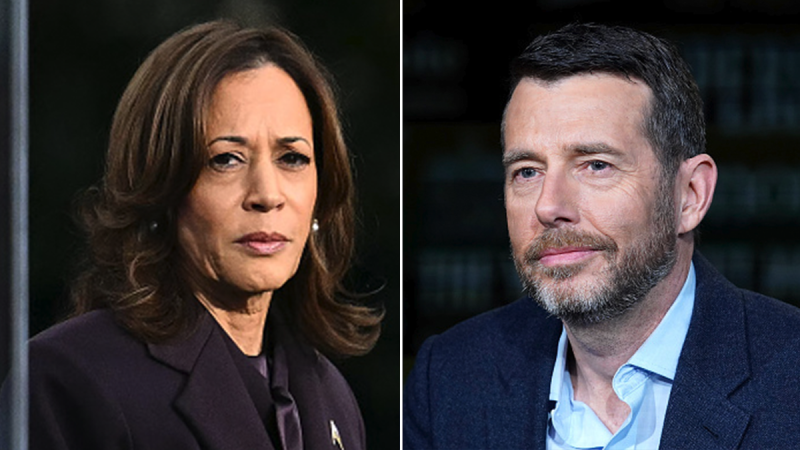In the lead-up to the 2020 United States presidential election, political campaigns and their operatives rely heavily on internal polling data to gauge the pulse of the electorate and strategize accordingly. However, a surprising revelation has emerged regarding the dissemination of polling information within the Democratic National Committee (DNC). Despite early indications that Vice President Kamala Harris consistently outperformed then-President Donald Trump in internal polls conducted by the DNC, key officials within the organization were reportedly kept in the dark about these crucial findings.
According to several sources familiar with the matter, internal polling data collected by the DNC consistently showed Vice President Harris holding a lead over President Trump in head-to-head matchups throughout the course of the campaign. These findings contradicted some public polling data at the time, which often indicated a tighter race between the two candidates. The internal polls underscored Harris’ strength as a candidate and suggested a potential path to victory for the Democratic ticket in the upcoming election.
Despite the significance of these findings, DNC officials, including high-ranking members of the leadership team, were reportedly not briefed on the internal polling results that favored Harris over Trump. The decision to withhold this information from key decision-makers within the organization raises questions about transparency and communication practices within the DNC during a critical period of the election cycle.
Some DNC insiders have speculated that the lack of transparency surrounding the internal polling data could be attributed to concerns about leaks or potential interference from external actors. The sensitive nature of polling data, especially when it shows a candidate with a clear advantage, may have led to a more cautious approach in sharing this information within the organization.
The revelation that Vice President Harris consistently led President Trump in internal polls, yet DNC officials were not fully informed of these findings, sheds light on the complexities and challenges of managing a political campaign. The handling of internal polling data, a key tool in shaping campaign strategy and messaging, can have far-reaching implications for the outcome of an election.
As the 2020 presidential election unfolded and Vice President Kamala Harris ultimately assumed office alongside President Joe Biden, the untold story of the internal polling data that favored her over President Trump serves as a reminder of the intricacies and dynamics at play behind the scenes of political campaigns. The role of internal polling data in shaping campaign decisions and the need for transparency and effective communication within political organizations remain essential considerations for future electoral campaigns.
